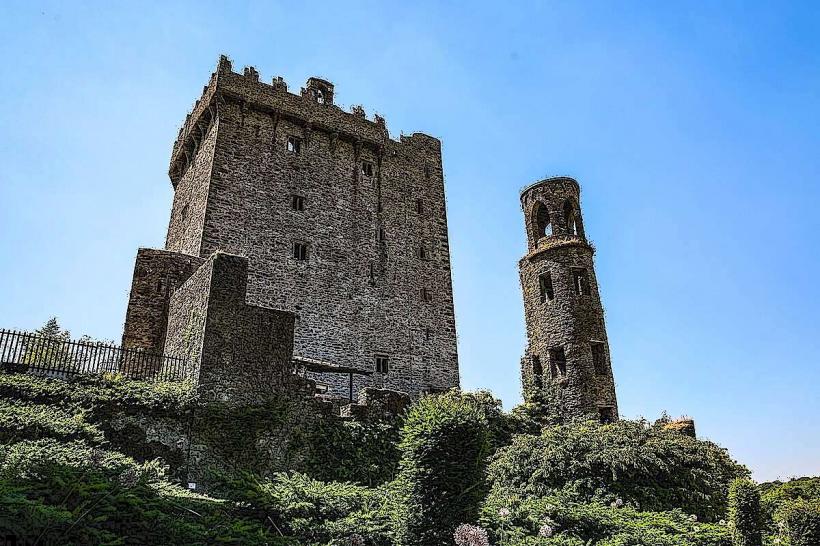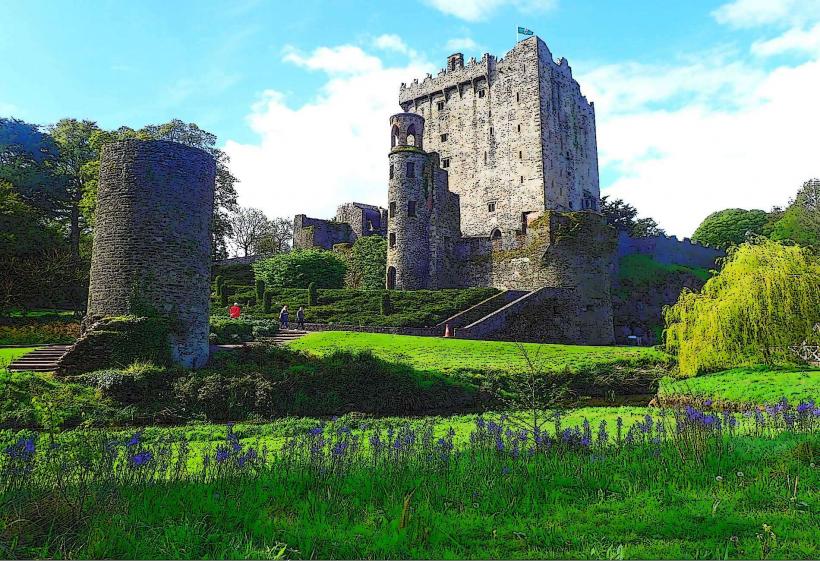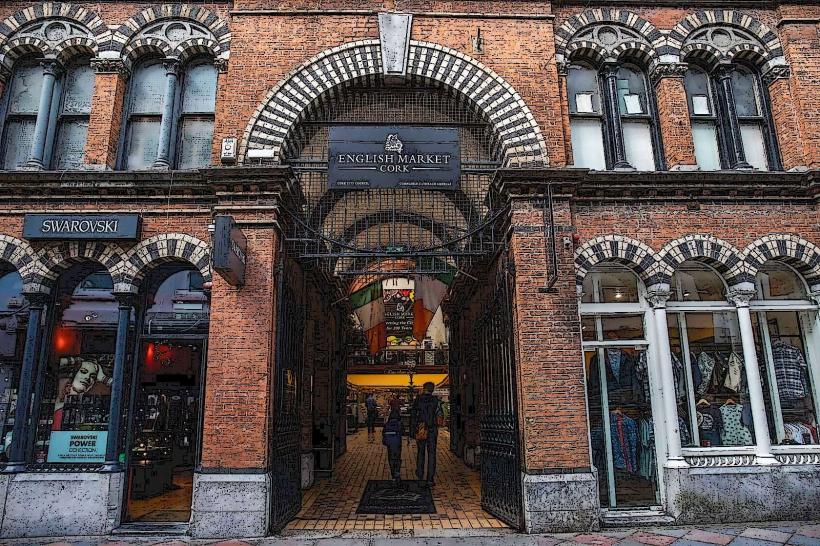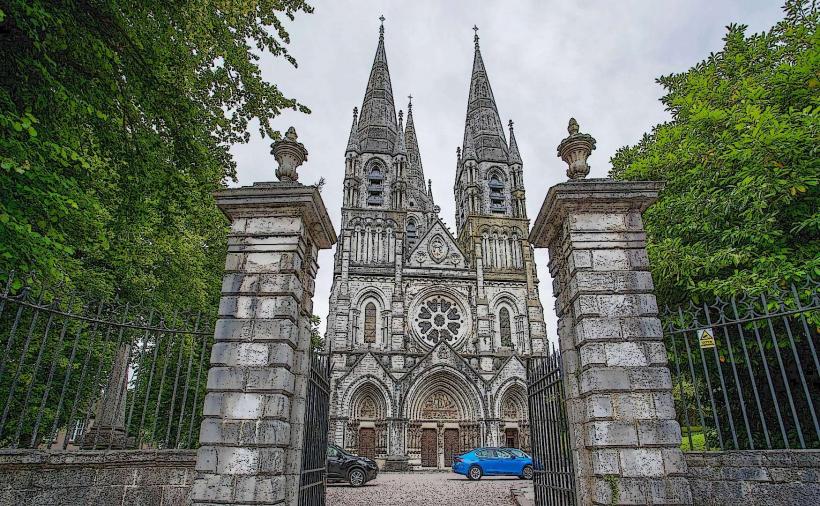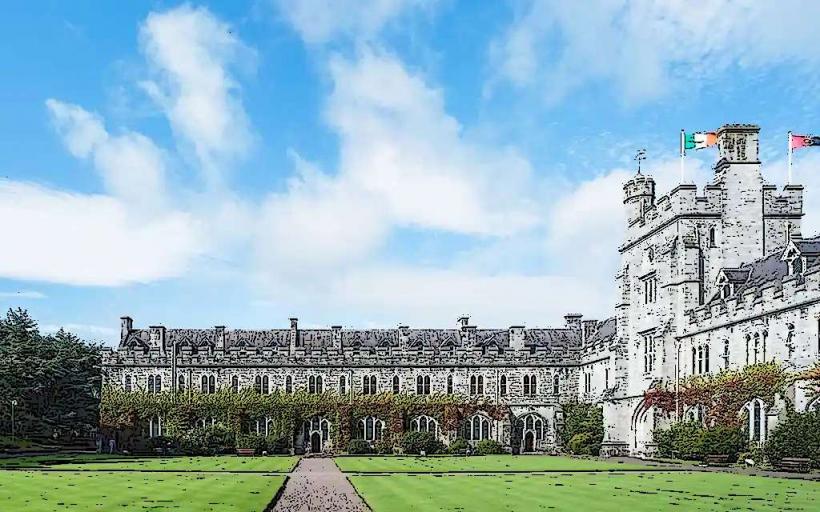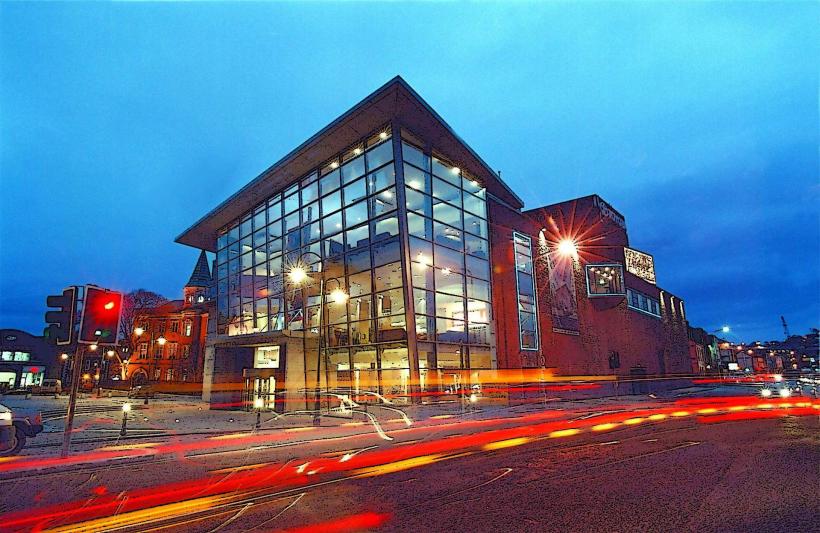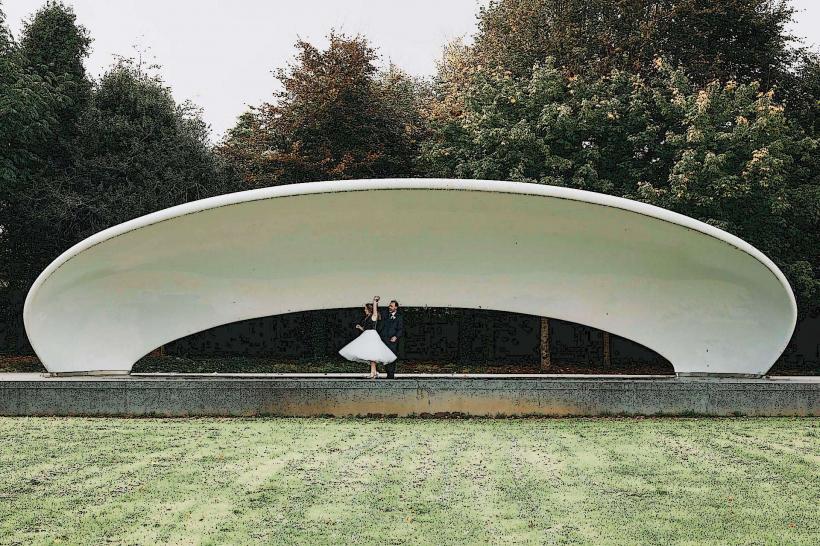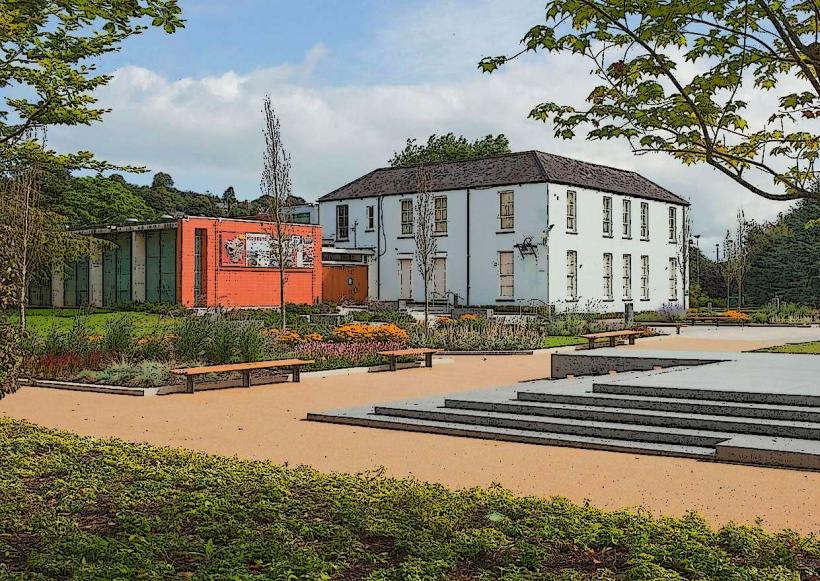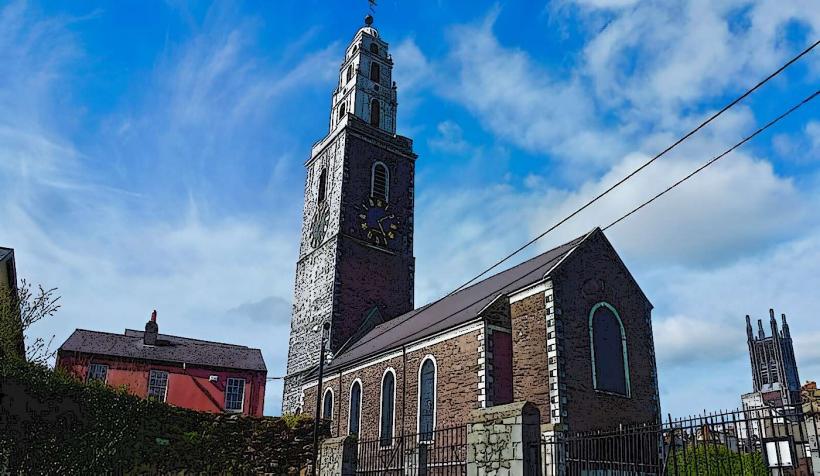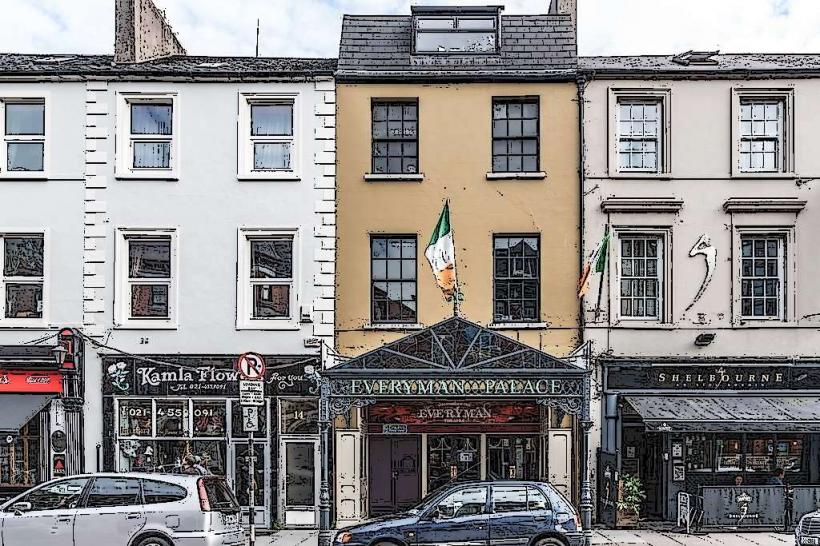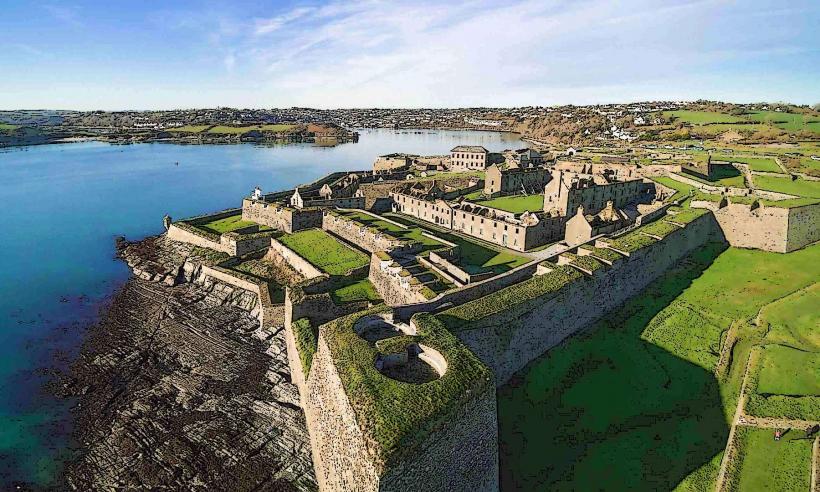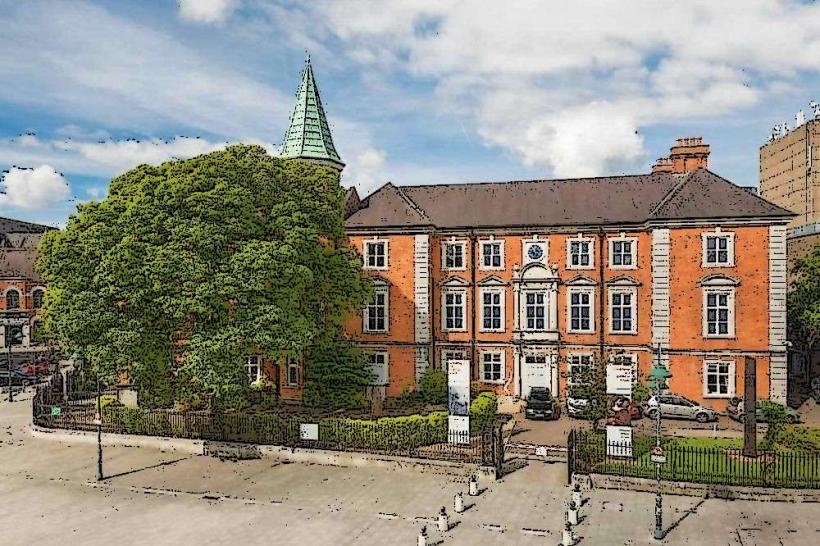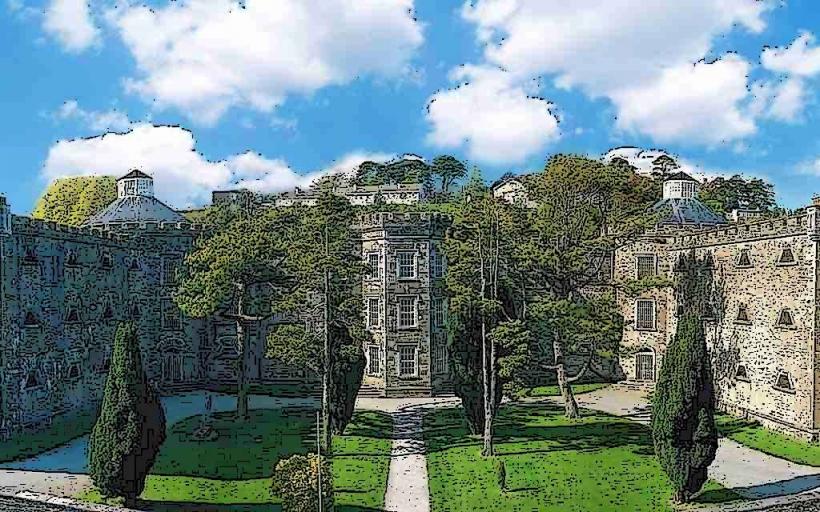Information
City: CorkCountry: Ireland
Continent: Europe
Cork is the second-largest city in Ireland, located in the southern part of the country. Known as the "Rebel City," Cork is rich in history, culture, and charm, with a reputation for its vibrant arts scene, dynamic food culture, and friendly atmosphere. Here's an in-depth look at Cork:
1. History and Origins
Cork's history dates back over 1,000 years, with the city being founded by the Vikings in the 9th century. Its strategic location along the River Lee made it an important trading center, and it grew steadily over the centuries. Cork played a significant role in Irish history, particularly during the English Civil War in the 17th century when the city was a stronghold for the Irish Confederates.
In the 19th century, Cork became a hub of the Irish Rebellion movement, earning its nickname "The Rebel City" due to its resistance against British rule. The city was also a key port in the transatlantic trade, particularly during the era of Irish emigration to America.
Cork's industrial history includes a strong tradition of shipbuilding, distilling, and manufacturing. The city's industrial growth in the 19th and 20th centuries contributed to its development into a major economic and cultural center.
2. Economy
Cork is one of Ireland's major economic hubs, with a diverse economy that spans industries such as pharmaceuticals, technology, food production, and finance. The city is home to several multinational corporations, including Apple, Pfizer, and Johnson & Johnson, which have established a significant presence in the region.
Cork has a growing reputation as a tech and biotech hub, with a number of start-ups and research centers based in the city. The Cork Science and Innovation Park is a key area for these sectors, contributing to the city's evolving economy.
The city also benefits from a strong agricultural sector, with the surrounding region known for its fertile land and food production. Cork has become a center for food innovation, particularly in the areas of artisan and sustainable food.
3. Education and Research
Cork is an important center of education and research in Ireland. The city is home to University College Cork (UCC), one of Ireland's oldest and most prestigious universities, known for its strong research programs in science, engineering, business, and the humanities. UCC is a leader in sustainable energy, food sciences, and health-related research.
In addition to UCC, Cork is also home to Cork Institute of Technology (CIT), which offers a wide range of programs in technology, business, and the arts. The city has a growing student population, contributing to its youthful energy and vibrant cultural scene.
4. Culture and Arts
Cork has a thriving cultural scene, with a rich tradition of music, art, literature, and theater. The city has long been associated with the arts, and it is known for its support of local musicians, artists, and performers. Cork was named a European Capital of Culture in 2005, which helped raise its profile as a cultural destination.
The Cork Opera House, one of the city's most prominent cultural venues, hosts a wide variety of performances, including opera, theater, and ballet. The Everyman Theatre is another key venue for live performances, offering a mix of classical and contemporary works.
Cork is also home to several festivals, including the Cork Film Festival, which is one of the longest-running film festivals in the country, and the Cork Jazz Festival, which draws international musicians and visitors each year. The Cork Midsummer Festival celebrates the arts in the city, featuring theater, music, dance, and visual arts.
5. Architecture
Cork’s architecture is a blend of historical buildings and modern developments. The city has a rich Georgian heritage, with elegant streets and squares lined with period houses, particularly in the Shandon area. Cork is also home to several notable Victorian buildings, including the Cork City Hall, an iconic structure located on the River Lee.
In addition to these historical buildings, Cork has seen modern architectural development, particularly in the Docklands area, which has undergone significant regeneration. The Lewis Glucksman Gallery at UCC is an example of contemporary architecture, while the Cork Institute of Technology is known for its modern design.
The St. Fin Barre’s Cathedral, with its impressive Gothic Revival architecture, and the Cork Courthouse are key examples of Cork’s rich architectural legacy.
6. Political Landscape
Cork, like much of Ireland, has a strong political history tied to the country’s struggle for independence. The city was a center of nationalist sentiment during the fight for Irish independence, and many key political figures hailed from Cork. The city’s political scene today is characterized by a mix of local and national issues, with a strong focus on economic development, education, and public services.
Cork is a major urban center with its own local government and is part of the Cork County Council. The city is represented in both the Irish Dáil Éireann (lower house of parliament) and the Seanad Éireann (upper house), with several political parties having a strong presence in the area.
7. Tourism
Cork is a popular tourist destination, attracting visitors with its charming streets, historical sites, and vibrant cultural offerings. The city has a welcoming atmosphere, and its mix of old-world charm and modern amenities makes it an attractive place to visit.
Key attractions in the city include Cork City Gaol, a former prison that offers a fascinating look into the city's history, and Elizabeth Fort, which dates back to the 17th century. The English Market, a covered food market in the city center, is a must-visit for food lovers, offering a wide range of local produce, meats, cheeses, and baked goods.
The Cork Public Museum, located in Fitzgerald Park, is another major cultural attraction, showcasing the city's history from prehistoric times to the modern era. Visitors can also enjoy the Cork Heritage Park, a collection of historical sites that tell the story of the city’s development.
8. Parks and Green Spaces
Cork has a number of green spaces that provide residents and visitors with a chance to relax and enjoy nature. Fitzgerald Park, located near the River Lee, is one of the city’s most popular public parks, with well-maintained gardens, a pond, and walking paths. The Cork City Park and Mahon Park are other beautiful green spaces in the city.
For those seeking more rural or scenic beauty, the nearby Glen of Aherlow and Blarney Park offer hiking and outdoor activities in a stunning natural setting.
9. Transportation
Cork is well-connected by road, rail, and air. The Cork International Airport serves both domestic and international flights, making the city easily accessible from other parts of Europe and beyond. Cork's central location makes it an important hub for transport, with the city being well-served by buses and trains.
The city also has a strong public transportation network, with buses serving most areas, and efforts are underway to improve infrastructure, particularly in terms of cycling and pedestrian routes. Cork’s compact size makes it easy to explore on foot, and the city is known for its pedestrian-friendly streets, particularly in the city center.
10. Food and Drink
Cork has earned a reputation as a food lover's paradise, with a growing number of restaurants, cafés, and bars serving both traditional Irish fare and international cuisine. The city's food scene emphasizes fresh, local ingredients, with a focus on seafood, artisanal produce, and sustainable food practices.
The English Market, which has been in operation since 1788, is a key destination for food enthusiasts, offering everything from fresh fish to locally made cheeses, meats, and bread. The market is considered one of the best food markets in the country.
Cork is also known for its breweries and distilleries. The Jameson Distillery in nearby Midleton is one of the most famous distilleries in the world, and the city has a number of microbreweries that serve craft beer and locally produced spirits.
Conclusion
Cork is a dynamic city with a rich history, thriving cultural scene, and growing economy. From its vibrant arts and food culture to its historical landmarks and green spaces, Cork is a city that offers something for everyone. Whether you’re interested in exploring its heritage, enjoying its lively streets, or tasting its local cuisine, Cork is a city that leaves a lasting impression.


